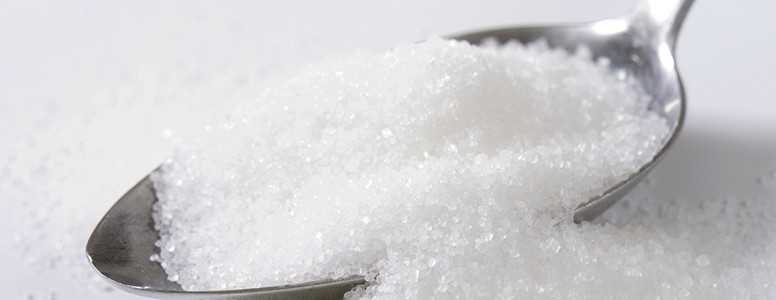Researchers have discovered that a compound called 5-iodotubercidin (5-IT) stimulates insulin-producing cells (beta cells) to divide and multiply.
The discovery holds hope for people with type 1 and type 2 diabetes on insulin as it could help to reverse the damage done to the pancreas by diabetes.
The researchers, from Boston and Cambridge, Massachusetts, showed that 5-IT was able to strongly increase human beta cell proliferation in vitro and in vivo. In vitro means that human beta cells were tested in isolation in the laboratory. The in vivo testing involved grafting the human beta cells under the kidney capsule of mice engineered to have a non-obese form of diabetes.
It was a positive surprise for the researchers to find that using 5-IT improved insulin secretion after prolonged treatment with the compound. 5-IT was chosen as it inhibits an enzyme called DYRK1A and allows beta cells to divide and proliferate.
The research team also tested the effects of harmine, derived from psychoactive plants, which is also known to inhibit DYRK1A. Harmine was also found to stimulate beta cells division by a team of different researchers in March 2015.
The development of treatments that can increase the number of beta cells is useful as this works against the opposite direction of type 1 diabetes as well as developed forms of type 2 diabetes. This would not represent a cure for either type of diabetes but could make it easier for people to manage their condition.
In type 1 diabetes, 5-IT or harmine treatment is likely to be more effective if it can be combined with a treatment that can successfully hold the immune system’s rogue destruction of the beta cells.
It should be noted that the treatments are both at an early stage of research.
The study appears in the journal Diabetes.
What's new on the forum? ⭐️
Get our free newsletters
Stay up to date with the latest news, research and breakthroughs.





